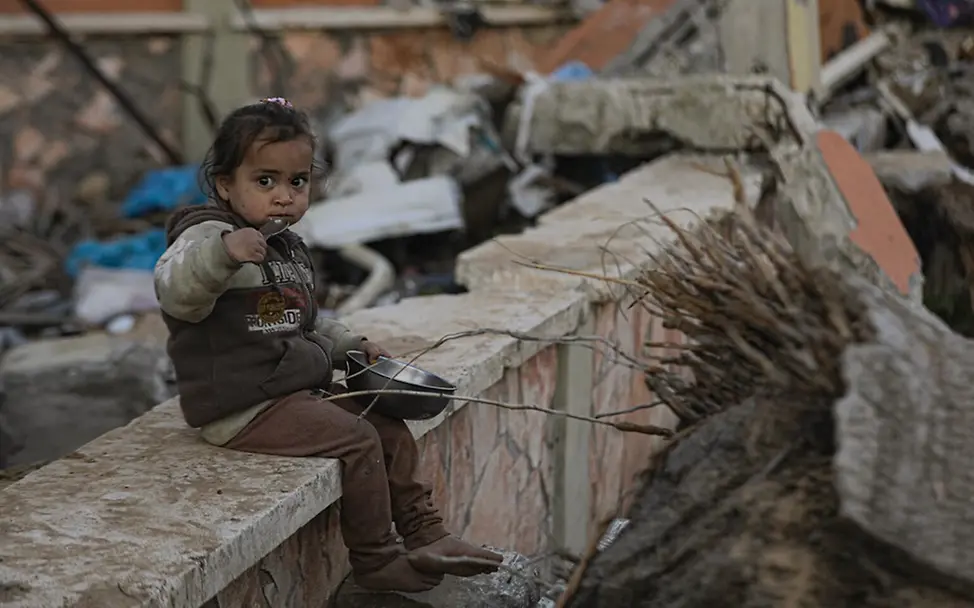
Introduction
The situation in Gaza has become increasingly critical, drawing international attention and concern due to the ongoing conflict between Israel and Hamas. The humanitarian crisis has reached alarming levels, with significant implications for the civilians caught in the crossfire. Understanding the dynamics of this conflict is crucial for comprehending the broader political and social ramifications affecting the region.
Current Developments
In the past month, the conflict in Gaza has escalated, leading to severe casualties and destruction. Reports indicate that over 10,000 Palestinians have been killed since the beginning of the hostilities in early October 2023, with thousands more injured and displaced. Human rights organizations report widespread devastation of infrastructure, including schools and hospitals, further exacerbating the humanitarian crisis.
International responses to the violence have varied. The United Nations has called for an immediate ceasefire, urging both parties to respect human rights and protect civilians. Countries across the globe have been vocal in their support for the people of Gaza, with various nations advocating for aid and assistance to those affected by the conflict. Despite these calls, peace talks remain stalled, and the situation appears increasingly volatile.
The Humanitarian Crisis
The ongoing conflict has triggered a severe humanitarian crisis in Gaza. According to the World Health Organization (WHO), access to essential services remains critically limited, impeding the delivery of urgent medical care. Water and food shortages are rampant, with many families struggling to meet their basic needs. Displaced families are living in overcrowded shelters, facing inadequate sanitation and health facilities. The psychological impact on children and families has also been profound, with many experiencing trauma due to the violence.
International Implications
The repercussions of the Gaza conflict extend beyond its borders. With rising tensions across the Middle East, the stability of neighboring countries is increasingly at risk. The international community is faced with pressing questions about how to effectively mediate the conflict and support peace efforts. Analysts suggest that without a concerted global effort toward diplomacy, the cycle of violence may continue, hindering any potential for long-term peace in the region.
Conclusion
The crisis in Gaza is a stark reminder of the urgent need for humanitarian intervention and conflict resolution. As the situation evolves, it is critical for the international community to engage constructively with both Israeli and Palestinian leaders to find a viable path toward lasting peace. The stakes are high, not just for the people of Gaza but for the entire region, making informed awareness and advocacy essential for all stakeholders involved.



